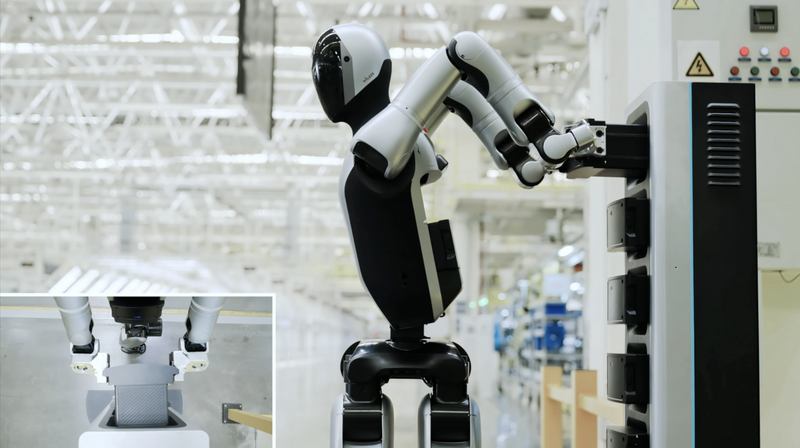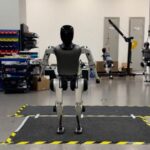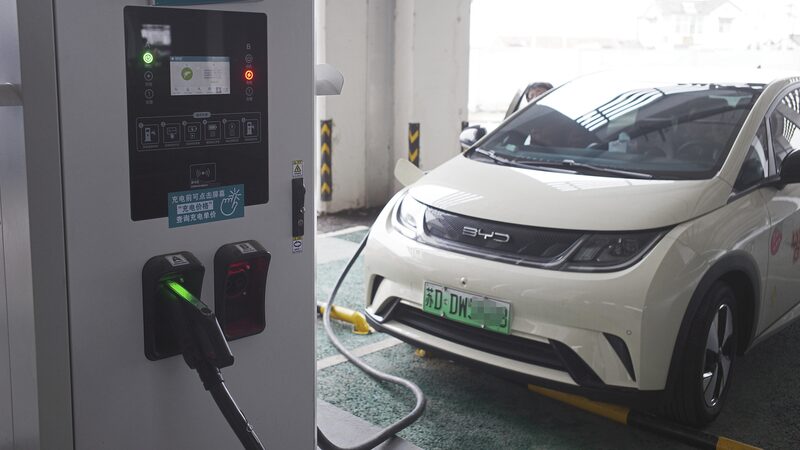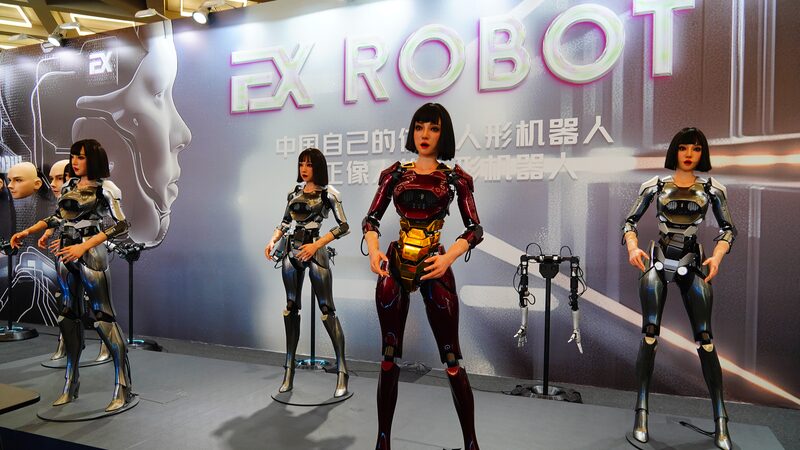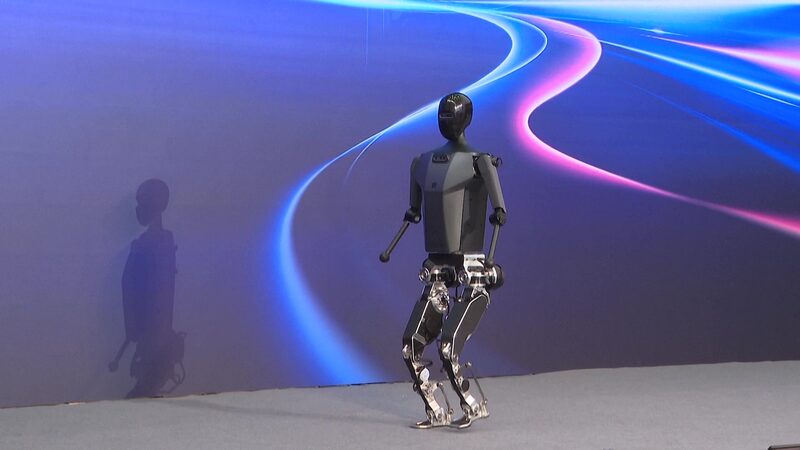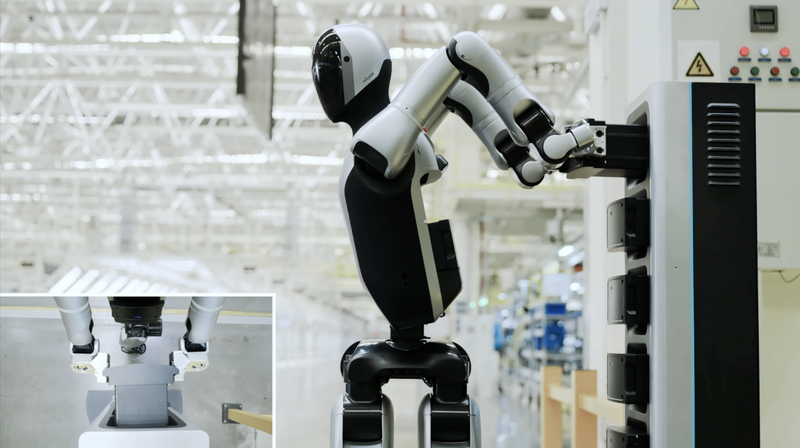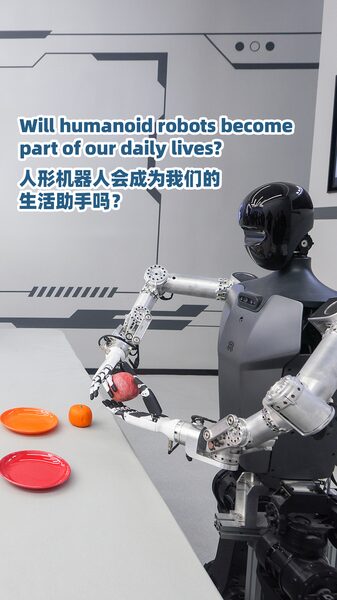In a groundbreaking leap for automation, Shenzhen-based company UBTech has introduced the world's first humanoid robot capable of autonomously replacing its own batteries. The Walker S2 model, unveiled Thursday in China's tech hub, showcases a revolutionary hot-swappable battery system that eliminates downtime and reshapes industrial efficiency.
A New Era of Uninterrupted Labor
Footage reveals the 3-minute battery swap process: the robot approaches a charging station, removes its depleted power pack, and inserts a fresh unit without human intervention. This innovation addresses a critical bottleneck in robotics—continuous operation—by enabling indefinite runtime with available battery reserves.
Industry Impact and Expert Insights
\"This technology transforms humanoid robots from occasional tools to permanent production line fixtures,\" said Fan Congming of the Shenzhen Artificial Intelligence Industry Association. Current models typically operate just four hours before requiring lengthy charging breaks—a limitation now overcome.
The breakthrough comes as Chinese manufacturers increasingly adopt automation. Automotive and electronics factories already deploy robots for handling, quality checks, welding, and palletizing. \"Repetitive, labor-intensive tasks are perfect for robotic replacement,\" noted Foshan production manager Xing Fan.
Market Projections and Future Applications
Recent data from the 2024 World AI Conference reveals China's humanoid robot market could grow from 2.76 billion yuan ($384 million) to 75 billion yuan by 2029. Industry analysts predict manufacturing will lead adoption, followed by service sectors and eventually households as costs decrease.
This development signals China's accelerating leadership in smart manufacturing solutions, with battery-swapping robots poised to redefine industrial workflows worldwide.
Reference(s):
China unveils first humanoid robot that can change its own batteries
cgtn.com
